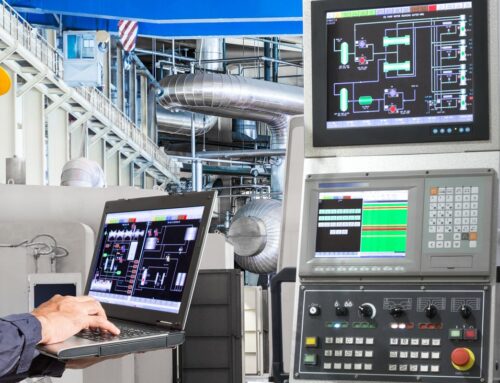Worldwide spending on IT data center systems was predicted to reach $208 billion in 2020. As you design your data center, you may have come across the terms “container data center” and “modular data center.” These terms are somewhat ill-defined and have some overlap between them. But they also have distinguishing characteristics.
To start out, you should not think about container data centers and modular data centers as distinct products. Rather, you should think about these terms as two different data center design philosophies. In this respect, neither is good or bad. However, the differences make each design philosophy suitable for different purposes.
Here are three differences between container data centers and modular data centers:
Approach to Assembly
A container data center is an engineered product. Although it is designed to be self-contained, it is not a prefabricated product. Instead, a company designs and custom builds a self-contained data center to meet your specifications. The engineers select the servers, racks, data center power distribution units, and data center cooling system and assemble them into a customized solution.
A modular data center is made up of prefabricated data center modules. Instead of selecting individual components, a modular data center is pre-designed and pre-assembled. The customization of prefab data center modules comes in the selection of the entire modules rather than individual components.
Compatibility
The risk of a container data center is that the components will be incompatible. For example, a container data center could be built with a data center air conditioning system that is inadequate to cool the servers and power unit.
Prefabricated data center modules, on the other hand, have been selected specifically because they are compatible. By matching the components in an overall design package and repeating it across an entire line of products, the manufacturer works out all the bugs and ensures that the components of your module are compatible.
Deployment
Container data centers can take both time and money to assemble and deploy. Since they are engineered solutions, container data centers require time to design, assemble, test, and deploy. At any of these steps, bugs, supply chain problems, and other issues can arise, leading to delays in deployment.
Prefabricated data center modules are quick to deploy because they are already designed, assembled, and tested. This benefit is even more obvious when you are building a large-scale data center. Each modular data center is identical. This provides a data center design that is infinitely scalable over time. Equally importantly, a modular data center provides your organization the flexibility to add more modules later on as your data needs grow.
Selecting between container and modular data centers is not easy. If you need a custom solution and have the resources and time to wait, a container data center may fit your needs. But if your needs include a quick, scalable, and reliable system, prefabricated data center modules might suit your needs better than a container data center. Contact LDP, the provider of mission critical support solutions, today to learn what is right for you.






